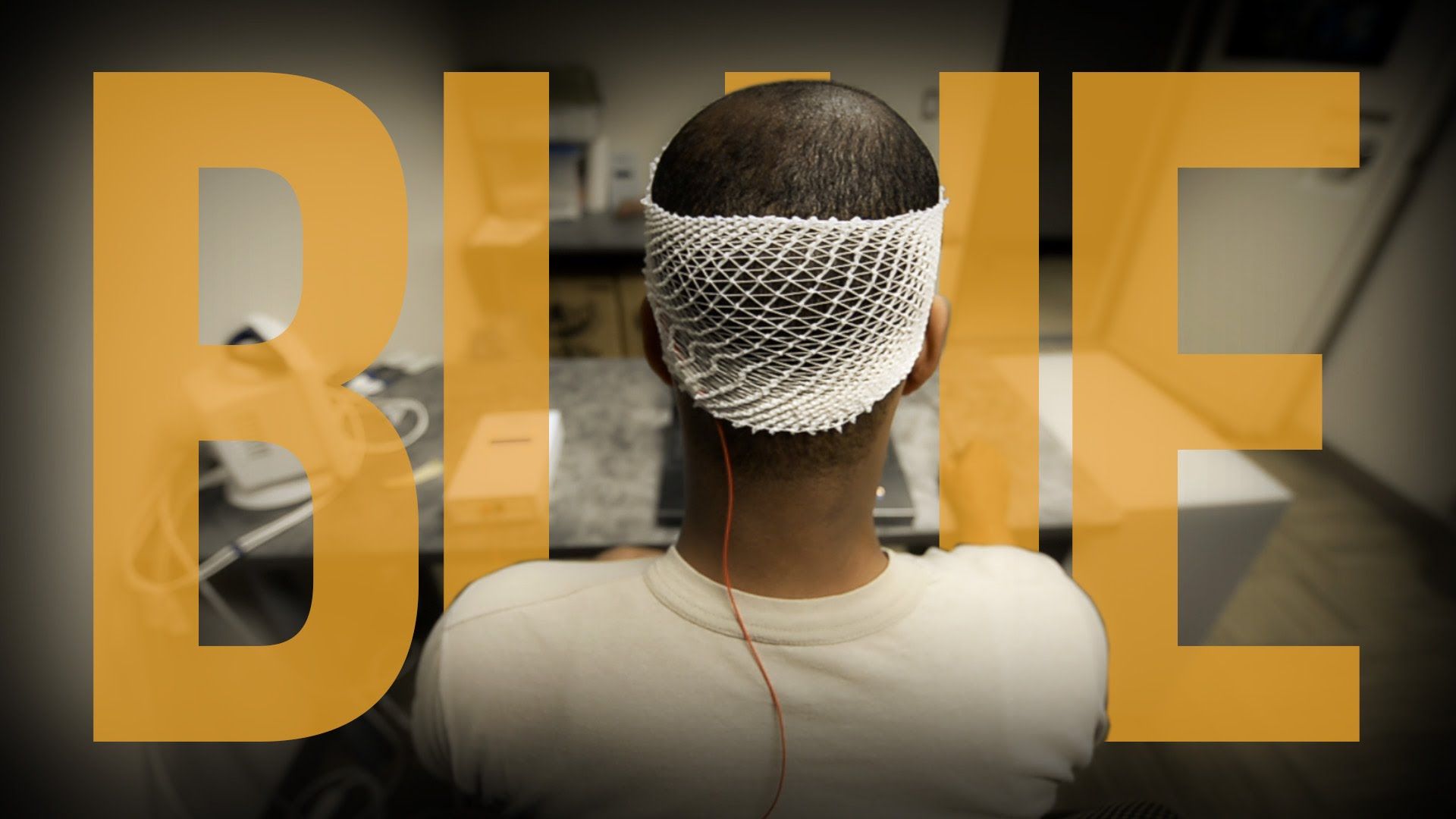What could once only be imagined in science fiction is now increasingly coming to fruition: Drones can be flown by human brains’ thoughts. Pharmaceuticals can help soldiers forget traumatic experiences or produce feelings of trust to encourage confession in interrogation. DARPA-funded research is working on everything from implanting brain chips to “neural dust” in an effort to alleviate the effects of traumatic experience in war. Invisible microwave beams produced by military contractors and tested on U.S. prisoners can produce the sensation of burning at a distance.
What all these techniques and technologies have in common is that they’re recent neuroscientific breakthroughs propelled by military research within a broader context of rapid neuroscientific development, driven by massive government-funded projects in both America and the European Union. Even while much about the brain remains mysterious, this research has contributed to the rapid and startling development of neuroscientific technology.
And while we might marvel at these developments, it is also undeniably true that this state of affairs raises significant ethical questions. What is the proper role – if any – of neuroscience in national defense or war efforts? My research addresses these questions in the broader context of looking at how international relations, and specifically warfare, are shaped by scientific and medical expertise and technology.










Comments are closed.